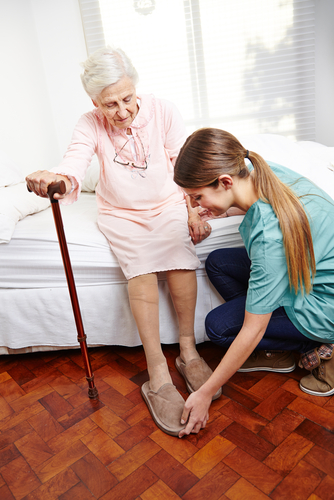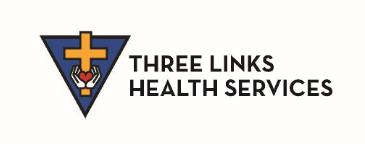How to know it's time for a higher level of care for your elderly loved one.
Many seniors want to remain at home as long as possible, and it is important to respect their wishes and preferences. However, it is also important to recognize that for some seniors, assisted living can be a better option, especially if they have medical or safety concerns that cannot be adequately addressed at home.
There is a misconception that assisted living means losing your freedom. Many seniors find that assisted living actually provides them with more freedom, as they no longer have to worry about tasks such as home maintenance and yard work. Additionally, many assisted living facilities offer a range of activities and amenities that can enhance seniors' quality of life and provide them with opportunities to socialize and engage with others.
Ultimately, the decision about whether assisted living is the right choice for a senior should be based on their individual needs and preferences, as well as the level of support and care they require. It is important to have open and honest conversations with seniors and their families about their options and to consider all factors before making a decision.
Here are 10 common signs to look for:
- Increased forgetfulness or confusion: If your loved one is experiencing memory loss or confusion that is affecting their daily life, it may be time to consider a higher level of care.
- Difficulty with activities of daily living: If your loved one is struggling with tasks such as bathing, dressing, and preparing meals, it may be time for a higher level of care.
- Increased falls or injuries: If your loved one is experiencing more frequent falls or injuries, it may be a sign that they need more assistance with mobility.
- Changes in behavior or mood: If your loved one is displaying sudden changes in mood, behavior, or personality, it may be a sign of a medical condition or a need for more social interaction.
- Chronic health issues: If your loved one has chronic health issues such as diabetes, heart disease, or dementia, they may require more specialized care.
- Inability to manage medications: If your loved one is having difficulty managing their medications or forgetting to take them, they may require more assistance with their healthcare needs.
- Household chores: The average household chores can weight heavily on seniors. Tasks such as vacuuming, bathroom cleaning and floor maintenance can be difficult to impossible for the elderly.
- Home maintenance: shoveling, mowing, and general home repairs can become costly to hire out and can also be a burden on family and friends who would like to visit their loved one instead of being put to work.
- Proper daily nutrition: Is your loved one eating enough quality food to maintain their health. The inability to grocery shop and prepare meals can force your loved one to make poor meal choices.
- Caregiver fatigue: Is the caregiver suffering from the lack of support, reduced quality of life or mental health issues.
It's important to keep in mind that every individual's situation is unique, and the decision to move to a higher level of care should be made with the input of medical professionals and other family members.

